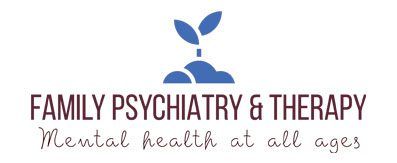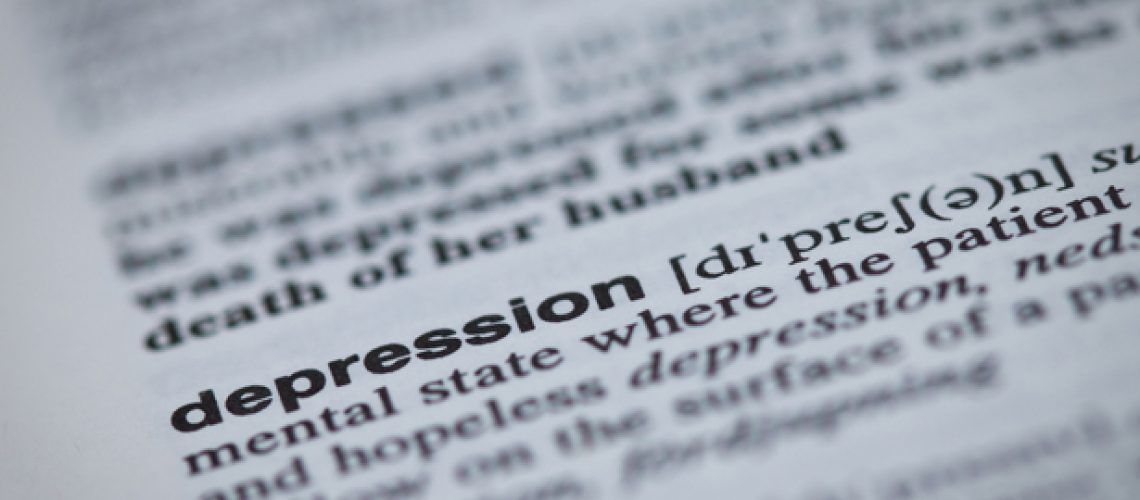Depression affects over 18 million people in the US alone. This severe mental illness doesn’t just cause feelings of sadness and self-loathing either. Depression can lead to fatigue, suicidal actions, and other serious symptoms that can adversely impact your health and quality of life. While it can occur in people of all ages, individuals aged 40 to 49 are at the greatest risk. Unfortunately, about 80 percent of people with depression are not being treated for it.
Depression and Your Well-Being
Depression can affect your health in many ways. Feelings of emptiness and sadness can keep you from initiating activities that would improve your mood, including interacting with others, exercising, and getting outdoors. It can also impact your work performance and productivity. If left unchecked, depression will corrode every facet of your social life.
Depression has even more severe consequences for a person’s physical health. Untreated depression may increase your risk of heart disease and diabetes complications. Indirect consequences such as obesity may result from not exercising as well. In every sense of the word, depression is a cancer, metastasizing and destroying anything and everything its victims hold close.
Causes of Depression
Depression is a complex illness that has a myriad of potential causes, including abuse, conflict, death or loss, genetics, serious illnesses, and major life events like moving to a new place or graduating. Depression can also be caused by certain types of medication and substance abuse. It’s critical to identify the source of your depression in order to manage or eliminate it. A qualified psychiatrist can help determine and treat the cause—or causes—of your depression.
Treatment of Depression
The health benefits of seeing a psychiatrist for depression revolve around the many treatments that these health experts can provide. Since depression can have physical causes, a psychiatrist can prescribe medication when appropriate to treat anxiety and other symptoms you may be experiencing. Often, it’s treated with a combination of drug and psychotherapy.
Cognitive Behavioral Therapy
A psychiatrist can also help you with a type of treatment called cognitive behavioral therapy (CBT). CBT looks at the underlying thought patterns and behavior that may be causing your depression. The treatment involves identifying these negative thoughts and how they may be causing your depression. From there, you and your psychiatrist will work towards replacing these thoughts with a more positive outlook. CBT can also help you discover triggers for behavioral issues in order to find ways to break the cycle that leads to depression. Put simply, you benefit from CBT by becoming aware of the negative thought patterns you have and receiving guidance to effectively replace them.
Perhaps one of the greatest benefits of seeing a psychiatrist for depression is that you can find relief from your symptoms quickly. Compared to other types of therapy, you’re likely to see results within 10 to 20 sessions. The help you receive can lead to significant positive changes in your health, productivity, and relationships.
Part of the difficulty of dealing with depression on your own is a lack of objectiveness. It can be hard to identify the factors that lead you to make poor decisions and develop distorted perceptions. A psychiatrist can help increase your awareness of these issues. This knowledge is a critical tool in your battle with mental illness.
Benefits of Seeing a Psychiatrist
The effects of seeing a psychiatrist can have immediate impacts on your depression. Taking this important first step towards recovery will boost your self-esteem and help to improve your mood and physical health as well.
Health Benefits
Getting your stress under control will improve your cardiovascular health and lower your risk for chronic disease. As you learn to understand your depression, you’ll likely find your confidence growing too. That can translate into other health benefits like a better appetite and a desire to socialize and exercise more often. These effects can set you on a path of positive momentum.
Confidentiality
Some people may view depression as a weakness and feel too embarrassed to seek out the professional help that they need. For these individuals, just talking with a close friend certainly can help. However, with a psychiatrist, you have the added benefit of a true confidant. A psychiatrist is bound by a code of ethics to keep your therapy confidential.
There is one major exception to this rule. A psychiatrist may break confidentiality if there is a risk that you may do harm to yourself or others. This exception exists to keep you and the people around you safe. If your depression is severe, intervention can be a lifesaving measure. You should think of it as a safety net to protect you in case you slip and fall.
Seeing a psychiatrist for depression offers numerous health benefits. A mental health professional can put you on a definitive course of treatment and prevention. Rather than living with the uncertainty of depression, you’ll be following a path toward a brighter and happier tomorrow. All it takes is that first big step.
Call or message us today to arrange an appointment with our expert psychiatrist.



